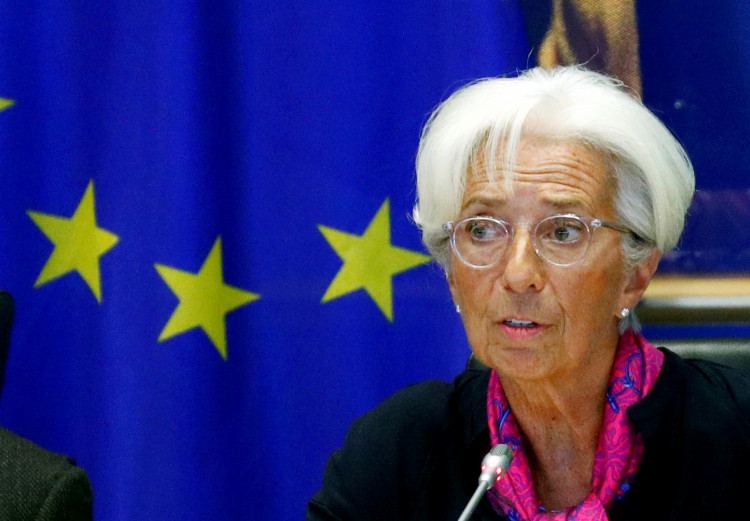The European Central Bank (ECB) raised interest rates by 25 basis points as expected, warning that "inflation outlook remains too high for too long," suggesting further rate hikes in the future.
On May 4, the ECB announced its latest interest rate decision, raising the three key interest rates-main refinancing rate, deposit facility rate, and marginal lending rate-by 25 basis points each, in line with market expectations.
The ECB's deposit facility rate rose to 3.25%, the marginal lending rate to 4.00%, and the main refinancing rate to 3.75%, reaching its highest level since October 2008.
In a statement, the ECB said:
Underlying price pressures remain strong. Meanwhile, past rate hikes are being forcefully transmitted to the euro area's financing and monetary conditions, but the lag and intensity of the transmission to the real economy remain uncertain.
The Governing Council's future decisions will ensure that policy rates reach a sufficiently restrictive level to achieve a timely return of inflation to the 2% medium-term target and maintain these levels when necessary.
The ECB also emphasized its reliance on data: The Governing Council will continue to follow a data-dependent approach to determine the appropriate restrictive level and duration.
In particular, the Governing Council's policy rate decisions will continue to be based on its assessment of the inflation outlook, underlying inflation dynamics, and the strength of monetary policy transmission based on incoming economic and financial data.
In addition, the ECB expects to end its APP reinvestments before July, with PEPP reinvestments continuing until the end of 2024.
As the ECB raises interest rates again, eurozone inflation shows signs of slowing. Earlier released April core inflation rate (excluding fuel and food prices) fell from a record 5.7% in March to 5.6%. However, it remains above the 2% target.
Prior to today's decision, market expectations were for an ECB terminal rate of around 3.62% in September, implying a rate hike in June and a 50% chance of another hike by September.
Following the decision, market expectations for the final rate fell to around 3.55%, implying one more rate hike by the ECB.
The euro fell about 30 points against the dollar in the short term, currently at 1.1056.
Major European stock indices edged higher but did not turn positive. German two-year bond yields fell.
Unafraid of a banking crisis
As the ECB embarks on a new round of rate hikes, the Federal Reserve announced its tenth rate hike overnight, but hinted at a pause in rate hikes as the financial industry faces new pressures.
In comparison, Europe has been less affected in the banking sector, so the banking crisis did not factor into the ECB officials' rate hike decision.
Earlier, ECB Governing Council member and Belgian central bank governor Pierre Wunsch told the media that the ECB is waiting for wage growth and core inflation to fall along with overall inflation before reaching a point where it can pause rate hikes. He said a Belgian bank executive told him last week that they had no plans to cut credit supply in response to market turmoil:
This is not to say I like raising rates. We have been working hard to achieve a soft landing, and no one will destroy the economy for the sake of destroying the economy. But there is absolutely no sign that we are doing "too much."
Wunsch hinted that the magnitude of rate increases may exceed investors' expectations. Investors are betting that the ECB's interest rates will rise to just above 3.75%, anticipating that the ECB's rate hikes will outpace those of the Fed and the Bank of England.
Wunsch suggested that the extent of rate increases may exceed investors' expectations. Investors are betting that the ECB's interest rates will rise to just above 3.75%, anticipating that the ECB's rate hikes will outpace those of the Federal Reserve and the Bank of England.




